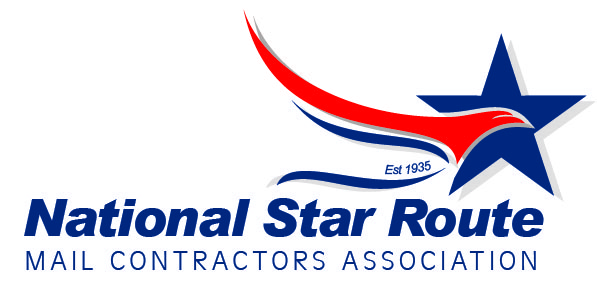FMCSA Finalizes Updated Broker Guidelines
Federal definitions for “broker” and “bona fide agent” have been finalized with limited changes.
The Federal Motor Carrier Safety Administration (FMCSA) previously released interim guidance on the topic in November, opening the door for public comment prior to finalizing the rule June 16.
Few changes were made from the interim version.
One involves FMCSA clarifying that internet-based load matching services doesn’t require getting broker authority because those services only make “information about potential shippers publicly available.” In explanation, the agency said the comments it received agreed with that assessment.
FMCSA stated that several comments were submitted regarding how to determine if a dispatch service is a bona fide agent. FMCSA said that “if a dispatch service arranges transportation on behalf of multiple motor carriers and engages in the allocation of traffic,” it is not a bona fide agent and needs broker authority.
A full list of factors that indicate if broker authority is needed or not is contained within the rulemaking.
Under the rule, a “broker” is officially defined as someone “who, for compensation, arranges, or offers to arrange, the transportation of property by an authorized motor carrier.” The rulemaking also notes that “handling money exchanged between shippers and motor carriers is a factor that strongly suggests the need for broker authority, but it is not an absolute requirement for one to be considered a broker.”
A “bona fide agent” is someone who is “either an employee of a motor carrier or a contractor but must perform its duties as specified in a preexisting agreement between the parties.” The document also states that “representing more than one motor carrier does not necessarily mean one is a broker rather than a bona fide agent.”
